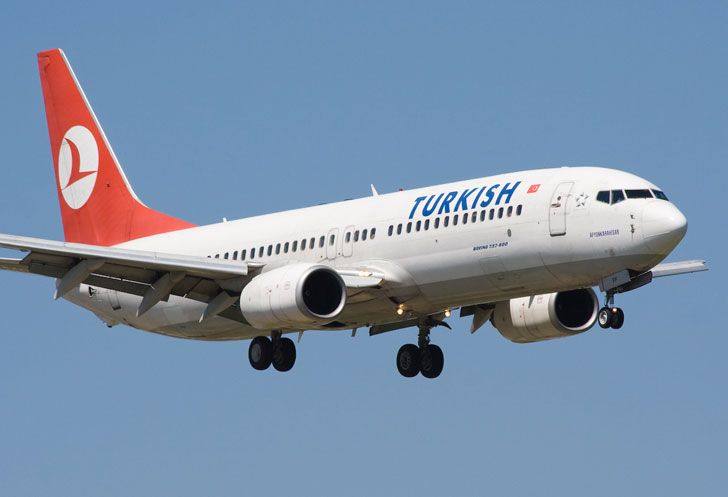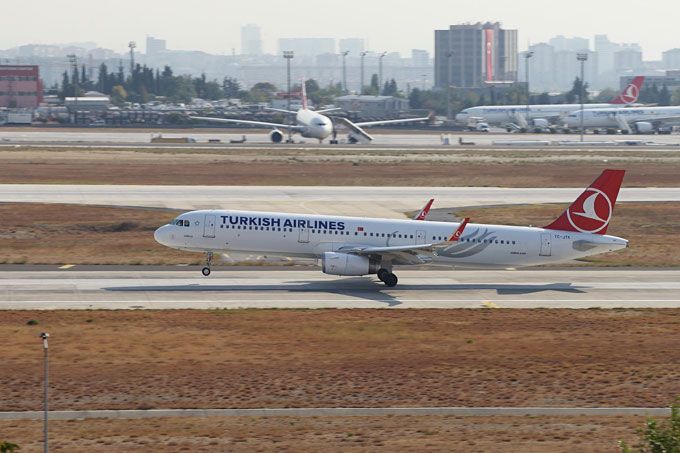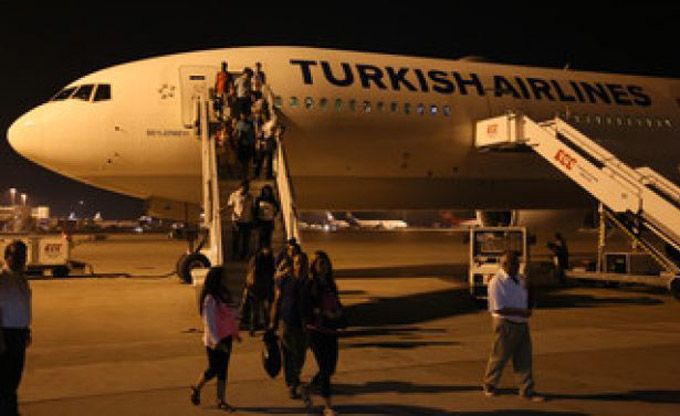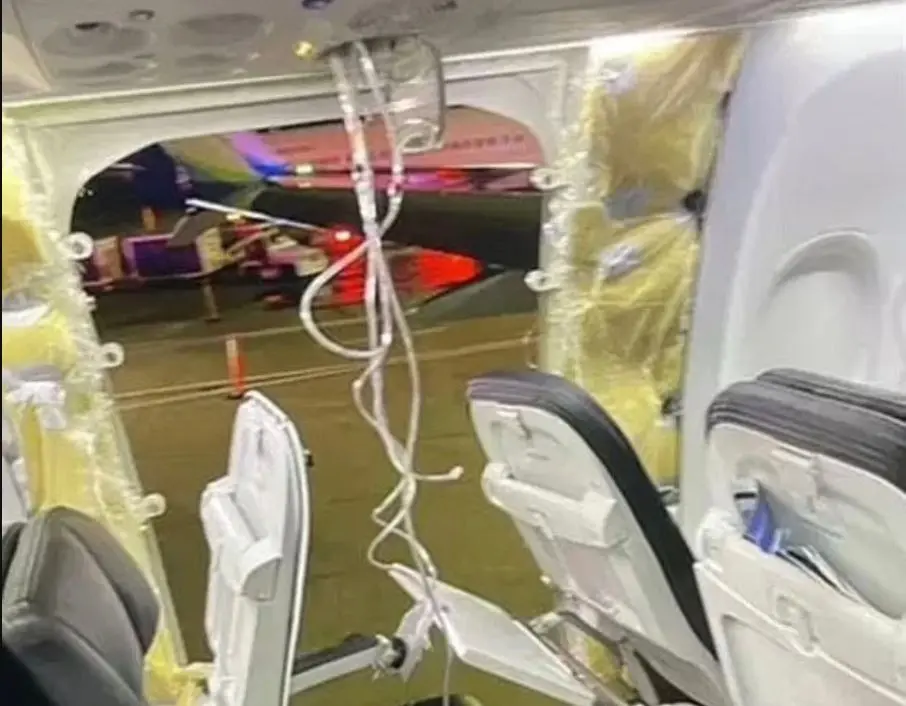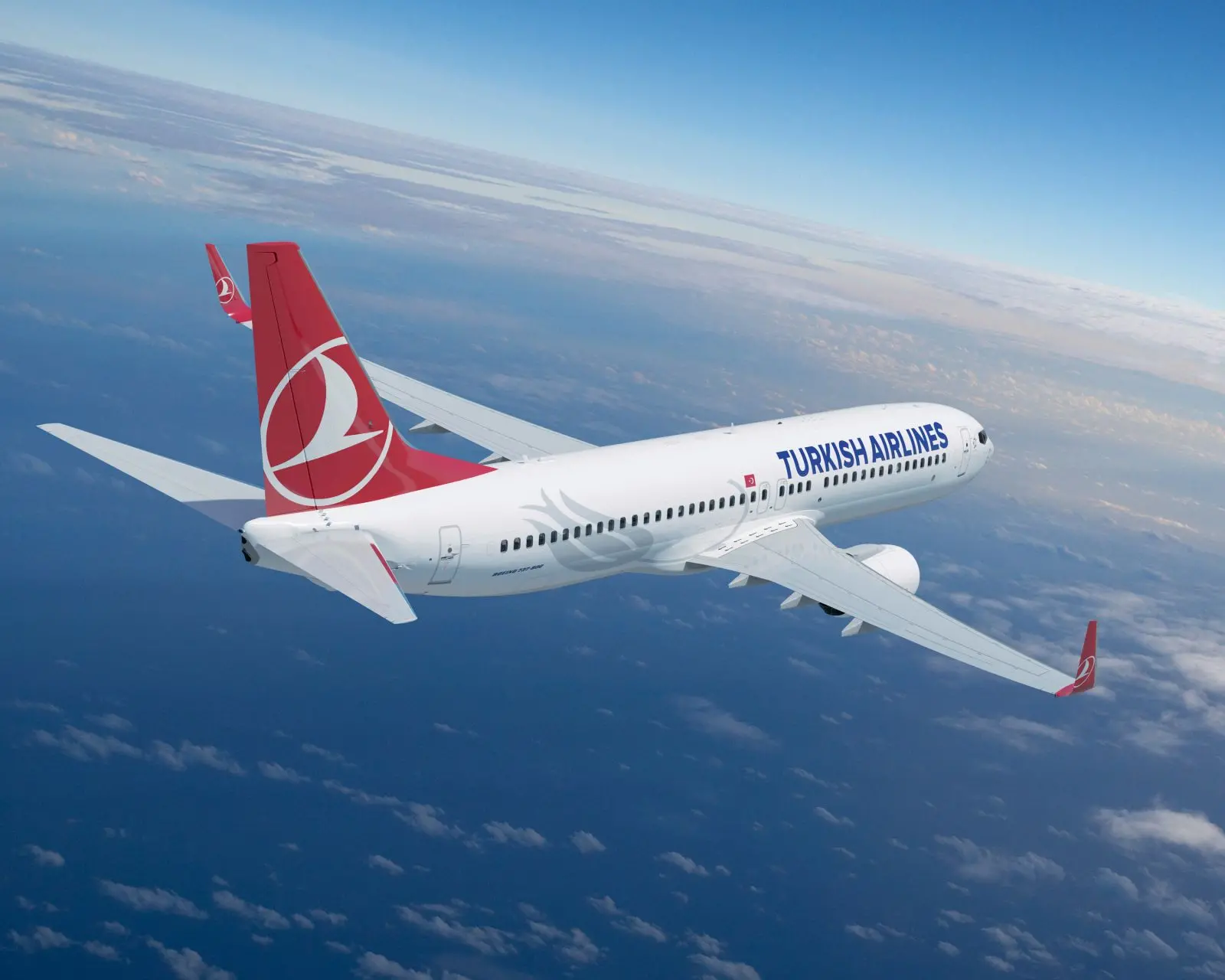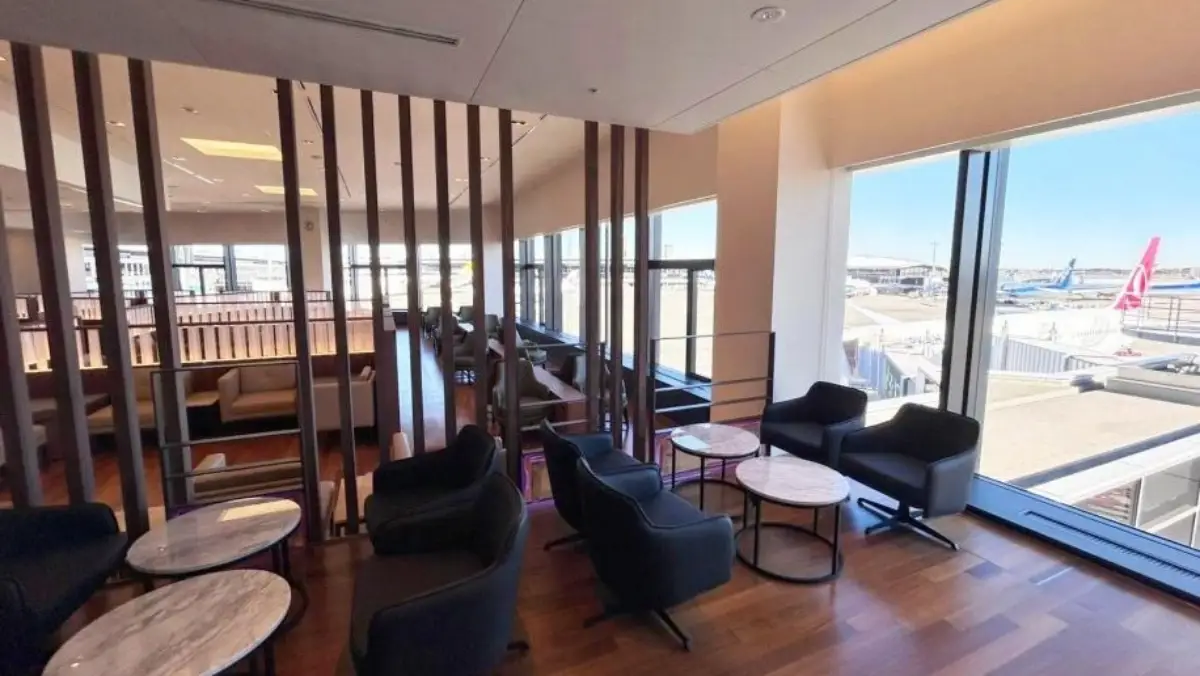Turkish Airlines has announced the withdrawal of its five Boeing 737 MAX 9 aircraft from service. This decision, revealed by the airline’s Press Advisor Yahya Üstün via social media, underscores the airline’s commitment to flight safety and proactive measures in response to recent aviation concerns.
Alaska Airlines’ın Boeing 737 MAX 9 uçağında yaşanan olay akabinde otoritelerin ön incelemesi sonucunda Türk Hava Yolları filosunda bulunan 5 adet Boeing 737 MAX 9 uçağın da tedbir amaçlı incelenmesi istenmiştir.
Olaydaki teknik inceleme süreci tamamlanıp, otoritelerce talep…
— Yahya ÜSTÜN (@yhyustun) January 6, 2024
The move follows a recent incident involving an Alaska Airlines Boeing 737 MAX 9 aircraft, which prompted authorities to call for a preliminary examination of similar models. In line with these recommendations, Turkish Airlines has decided to ground its fleet of five Boeing 737 MAX 9 planes as a precautionary measure. The aircraft will remain out of operation until the technical review process is completed and the necessary measures are implemented as required by aviation authorities.
“Flight safety is our top priority,” stated Yahya Üstün in his announcement. The decision to ground these aircraft at the first available airport demonstrates Turkish Airlines’ dedication to maintaining the highest safety standards in its operations. This action reflects the airline’s swift response to potential safety risks, even when the specifics of the incident involving the Alaska Airlines flight are yet to be fully disclosed.
The grounding of the Boeing 737 MAX 9 fleet by Turkish Airlines is a significant development in the aviation industry, especially considering the troubled history of the Boeing 737 MAX series. The series faced global scrutiny following two fatal crashes involving the MAX 8 model in 2018 and 2019, leading to a worldwide grounding and extensive investigations into the aircraft’s design and software systems.
Turkish Airlines’ decision is part of a broader trend in the aviation industry, where airlines are increasingly prioritizing safety over operational convenience. This trend is a response to growing public concern about air travel safety and the need for stringent safety protocols in the wake of past incidents. Meanwhile, in the United States, the U.S. Federal Aviation Administration (FAA) has mandated U.S. airlines to ground Boeing 737 Max 9 aircraft.
The grounding of these aircraft may lead to temporary disruptions in Turkish Airlines’ flight schedules. However, the airline is committed to minimizing the impact on passengers and has assured that it will provide alternative travel arrangements and timely updates to affected travelers.
The decision by Turkish Airlines also highlights the importance of international cooperation in aviation safety. The airline’s response aligns with global safety standards and demonstrates its commitment to complying with international aviation authority directives. This cooperation is crucial for maintaining public trust in air travel and ensuring the safety of passengers and crew worldwide.
As the aviation community awaits the results of the technical review and the implementation of the required safety measures, Turkish Airlines’ proactive approach serves as a model for other carriers. The airline’s swift action in grounding the Boeing 737 MAX 9 fleet not only addresses immediate safety concerns but also reinforces its reputation as a responsible and safety-conscious carrier.
Turkish Airlines’ decision to withdraw its Boeing 737 MAX 9 aircraft from service is a testament to the airline’s unwavering commitment to flight safety. As the situation evolves, the airline, along with aviation authorities and Boeing, will continue to work closely to ensure that these aircraft meet all necessary safety standards before they return to the skies.

